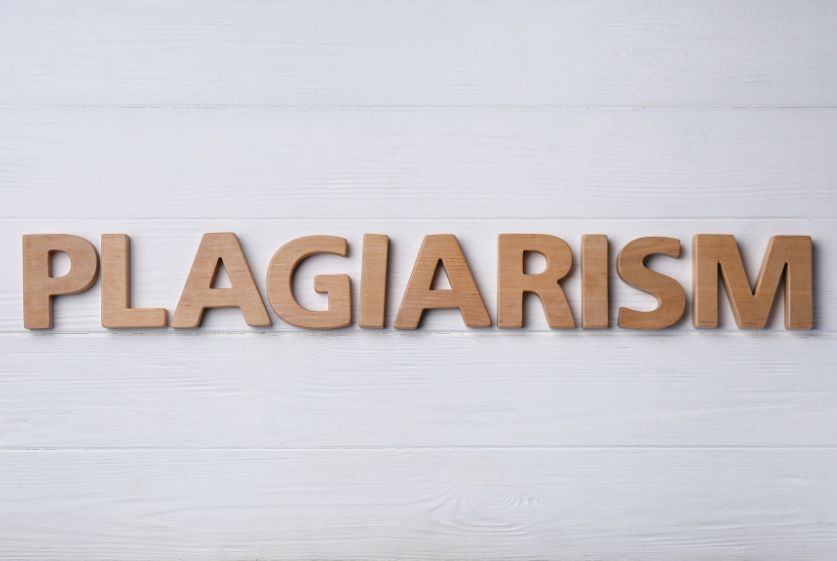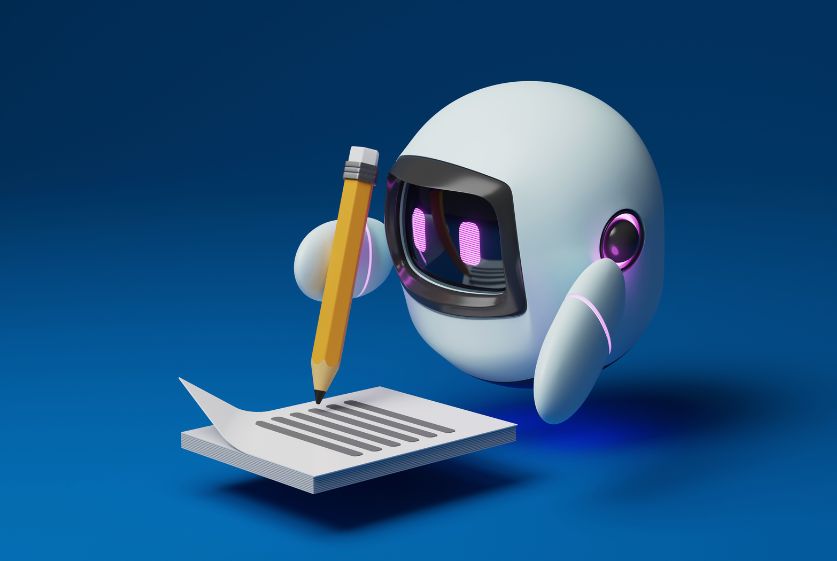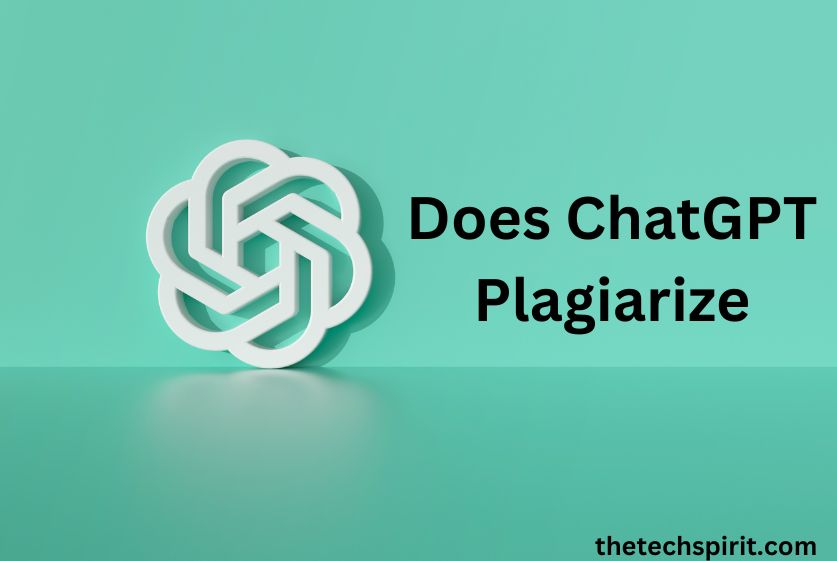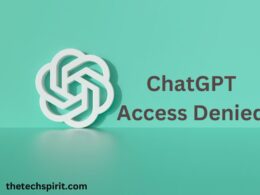Table of Contents
What is ChatGPT?
ChatGPT is an artificial intelligence (AI) system created by OpenAI, a San Francisco-based AI research laboratory. It is a language model that has been trained on a massive collection of text data from books, articles, websites, and more. This allows it to generate human-like text on a wide variety of topics when given a text prompt. Read more to know about Does ChatGPT Plagiarize.
How ChatGPT Generates Text
The key to ChatGPT’s ability to produce original-sounding text is its use of machine-learning algorithms. By analyzing the patterns in the huge dataset it was trained on, spanning everything from Wikipedia articles to literature, ChatGPT learned relationships between words, concepts, arguments, and styles.
With this understanding, when given a new prompt, ChatGPT can often recreate a human-like response by generating new combinations and narratives from its analysis.
Despite this high level of text generation ability, there are still limitations in its capacity for truly original thought. The foundations of its responses always originate from the data it has seen before.
Does ChatGPT Plagiarize?
Whether ChatGPT plagiarizes existing text depends greatly on the prompt or instructions given by the user. With generic prompts that provide little direction or guidelines, ChatGPT has a higher chance of reproducing arguments and phrasing very similarly to available online sources when covering common topics.
ChatGPT also shows glimpses of original voice and thought at times. With more customized prompts that encourage building on concepts rather than reproducing them, ChatGPT can demonstrate some capacity for new connections and narratives. Still, its reasoning is ultimately bounded by its training data, making copied content a risk.
Examples of ChatGPT Plagiarism
In some cases, ChatGPT has copied directly from available text sources online:

Identical Phrasing from Sources
Some ChatGPT responses contain verbatim sections copied word-for-word from existing articles and text sources. This is a clear example of blatant plagiarism when no quotation marks or citations are given.
Very Similar Wording and Arguments
While not directly copied, some ChatGPT text bears striking resemblance in tone, structure, arguments, and wording to other writings available online. Using existing arguments with slight rephrasing also represents an instance of potential plagiarism through closely imitating another author without attribution.
How to Prevent ChatGPT Plagiarism
Promoting original thought from ChatGPT requires customizing prompts with care:
Customize Prompts to Encourage Originality
The most direct way to foster unique responses is to explicitly request original wording and arguments in prompts, rather than reworked versions of existing notions. Adding guidelines for new examples and narratives guides ChatGPT’s response.
Ask for Citations and Rephrasing
Instructing ChatGPT to provide citations to any arguments referenced and to rephrase any language copied promotes transparency and mitigates plagiarized text. This establishes ethical writing guidelines upfront.
Use Plagiarism Checks on Generated Text
Tools that compare ChatGPT’s writing against existing sources to highlight unoriginal language adds layer confirming originality. Flagging copied text keeps ChatGPT accountable.
The Future of AI Writing and Ethics
With AI systems like ChatGPT gaining writing abilities, setting ethical expectations is crucial:
Setting Ethical Guidelines for AI Writing
Openly discussing situations that constitute unethical plagiarism establishes shared standards for AI behavior as language models continue advancing.

Promoting Original Thought and Attribution
Custom prompts, training techniques, and algorithmic checks that encourage original arguments with proper citations further AI writing integrity as the technology evolves.
Evolving Abilities to Minimize Plagiarism Risk
Over time, enhancements to language models like ChatGPT focused specifically on synthesizing concepts rather than reproducing phrasing have the potential to boost original output dramatically. However, outcomes still depend greatly on human instruction.
Conclusion
ChatGPT certainly demonstrates the risk of plagiarism in certain contexts but also shows promise for original thoughts given proper guidance. As AI writing systems progress, upholding ethical standards through customized prompts and ongoing model training is crucial. We have an opportunity to promote integrity and quality that pushes these technologies to new levels of understanding.
Main Points
- Whether ChatGPT plagiarizes depends greatly on the prompt
- Examples show directly copied text and very similar phrasing without citation
- Carefully constructed prompts can encourage original ideas from ChatGPT
- Ongoing training focused on synthesizing over reproducing has promise for mitigating plagiarism ahead
- Upholding ethical writing standards for AI is vital as technology progresses
With conscientious human guidance, advanced language models like ChatGPT may someday expertly blend existing concepts into profoundly original arguments and insights enriching humanity’s collective knowledge.
However, ensuring depth and quality of understanding remains an ever-present challenge requiring our collaborative efforts across fields to elevate AI to its highest potential for the greater good of society.
FAQs
Does ChatGPT copy directly from websites?
Yes, in some cases ChatGPT has reproduced verbatim sections of text available online without using quotation marks or citing sources, constituting plagiarism.
Can ChatGPT plagiarize without even realizing it?
Yes, since ChatGPT generates text by analyzing patterns and reconstructing arguments reflected in its training data, it may end up inadvertently plagiarizing sources without actively knowing it is doing so.
What is the best way to avoid ChatGPT plagiarism?
Customizing prompts to explicitly request original wording and analysis, asking ChatGPT to rephrase and cite any referenced arguments, and checking generated text against plagiarism detectors can help minimize reproducing existing phrasing.
Will ChatGPT still plagiarize if I ask it not to?
In most cases asking ChatGPT not to plagiarize in a prompt will reduce but likely not fully eliminate the risk of highly similar text, since it ultimately relies on reconstructing existing notions. Further techniques to promote original thinking help safeguard against plagiarism.
What does the future look like for AI writing and plagiarism?
With ongoing model training focused on synthesizing concepts rather than reproducing arguments, advanced AI language models have promise for significantly minimizing plagiarized text generation while upholding strong ethical standards around originality and attribution. But upholding these ideals requires sustained human guidance.









